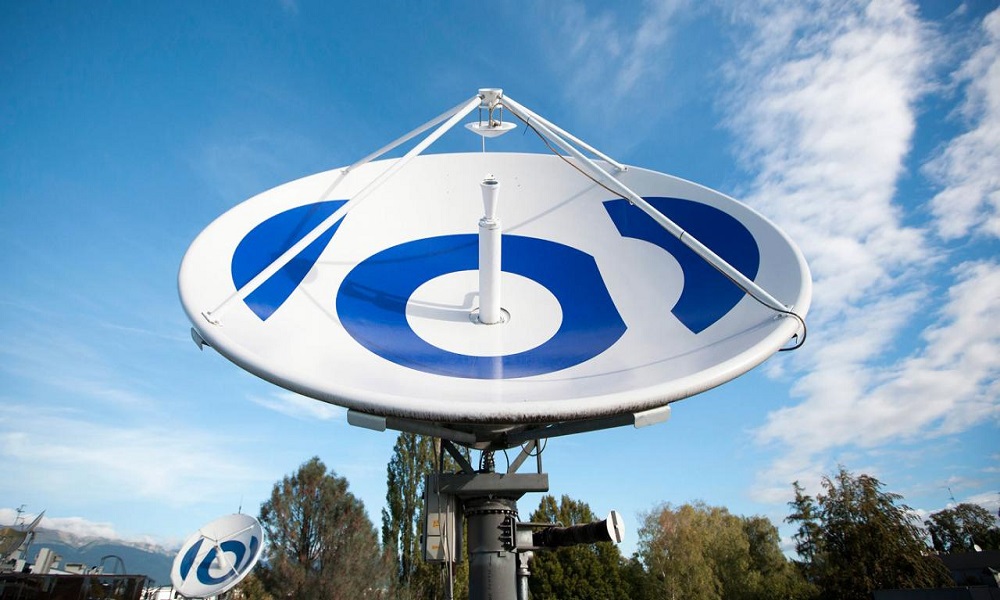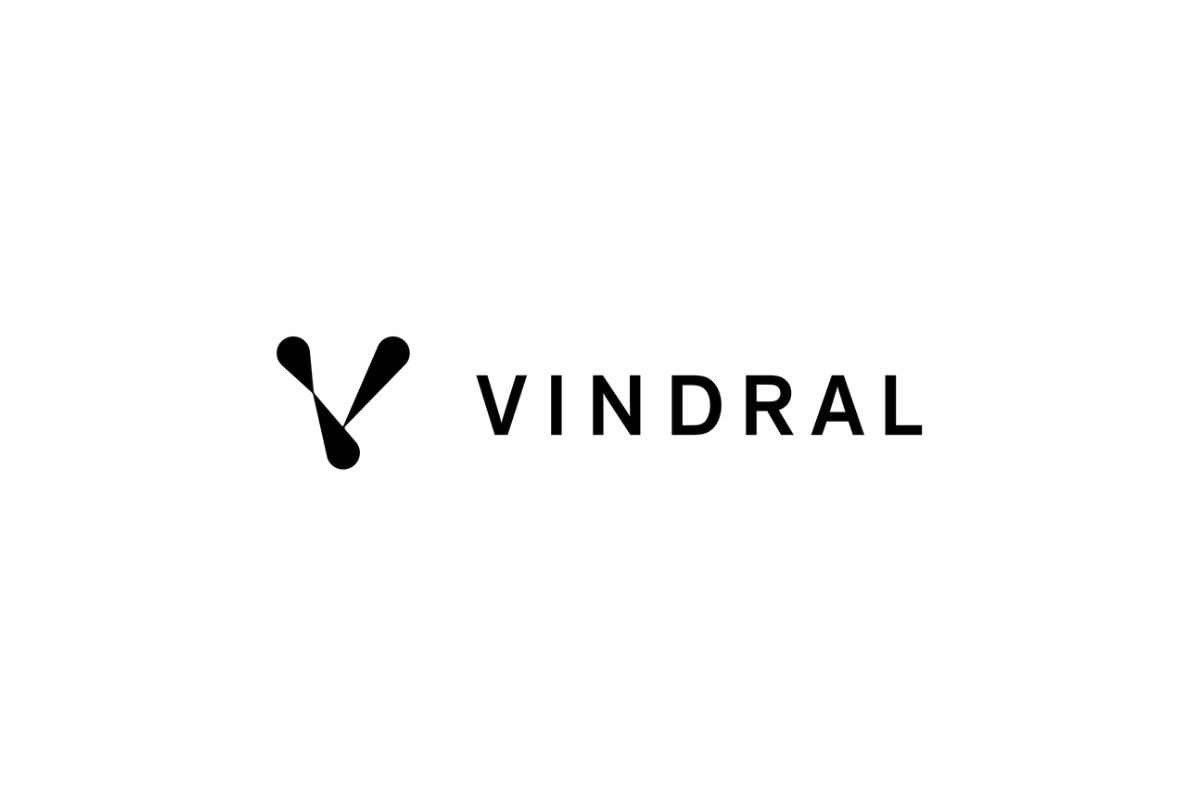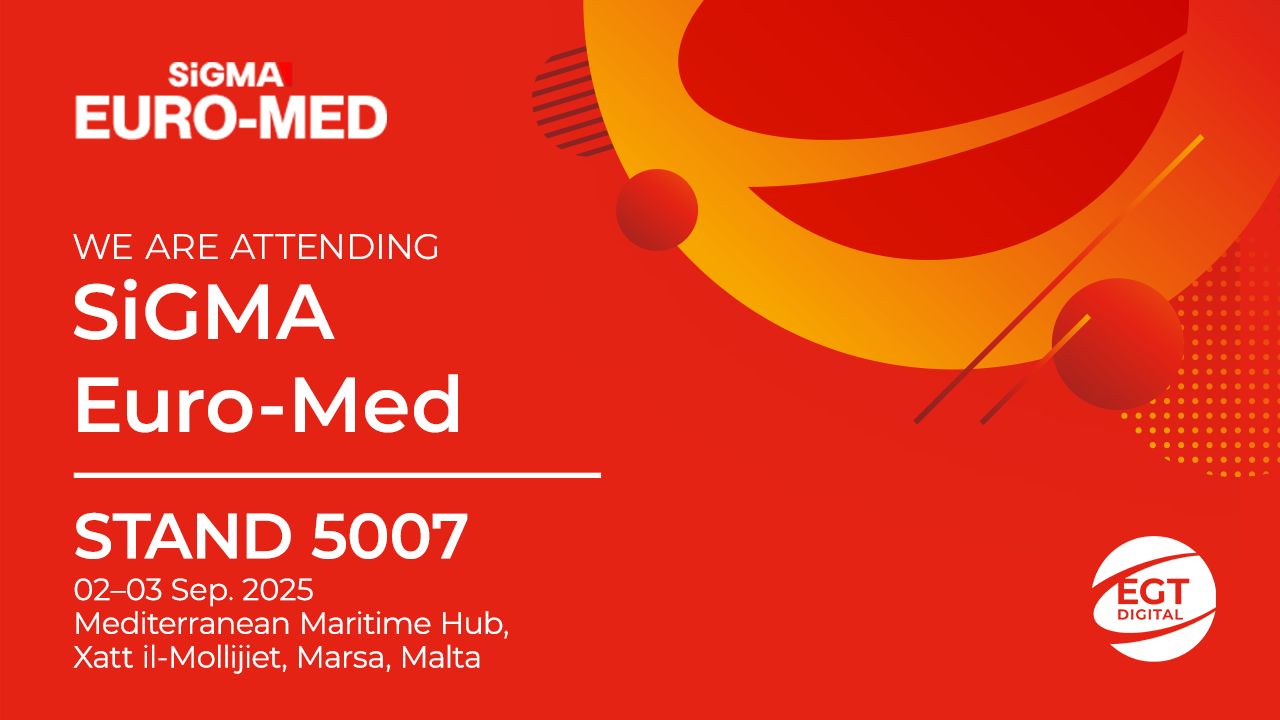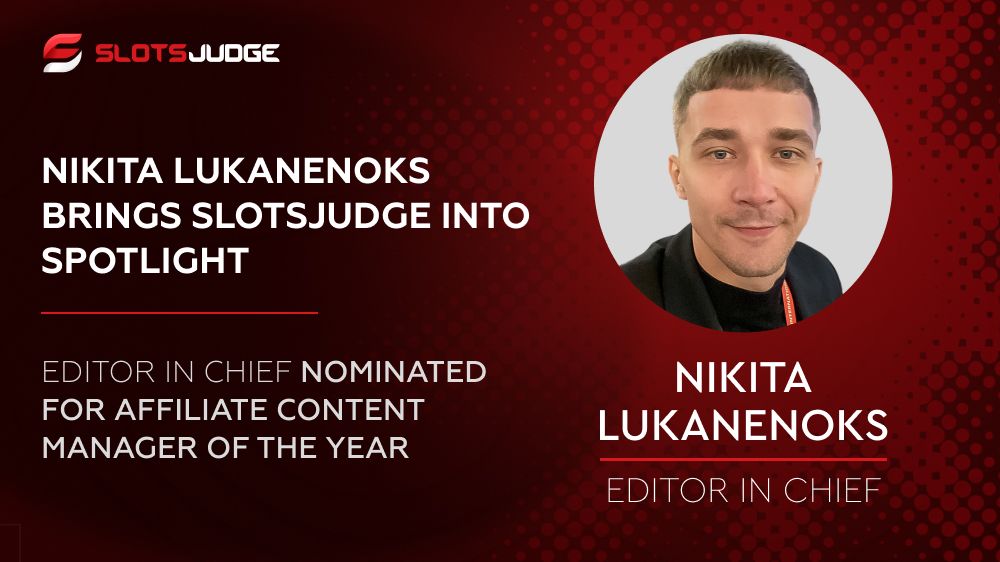European Union
The European Broadcasting Union to hook up with Ubisoft to propel this year’s Olympic Winter Games

The EBU publicised its hooking up with Ubisoft to make accessible to all its members the finals of the Steep™ Road to the Olympics tournament thereby attempting to introduce a – fresh dimension to this year’s Olympic Winter Games.
The Steep™ Road to the Olympics which is an Official Licensed Product of the Olympic Winter Games PyeongChang 2018 is an up gradation to Steep, the open world action-sports game launched in December 2016. The “Become a Legend” mode is the highlight of the Steep™ Road to the Olympics where players embark with pro athletes on the journey towards Olympic gold in Freestyle disciplines. Along with Freestyle events, players are also able to compete in Alpine Olympic events and explore the mountains of Japan.
The top six players of the Steep™ Road to the Olympics tournament will merge this week for a televised final to be recorded in Katowice, Poland available for the EBU Members to broadcast from 7th February 2018 – just before the inception of the Olympic Winter Games Ceremony.
For this event, the competitors will have to prove their worth in two distinct events: Slopestyle (Snowboard) & Downhill (Alpine Skiing). The winners in each event will win an invitation to a once-in-a-lifetime experience at the Olympic Winter Games PyeongChang 2018 Opening Ceremony.
Around 300 million people tune in to esports today and that number is growing rapidly. By 2020 that number is expected to have reached the 500 million mark.
The EBU Director of Sports Stefan Kuerten said: “Together with our Members we are keen to see esports feature alongside more traditional sports on our platforms.”
“As the sport continues to expand, we have the opportunity to leverage our unrivalled experience in media rights to partner with the best esports actors on the market and support the growth of the phenomenon.”
Eurovision Media Services – the business arm of the EBU – will distribute the broadcast to the European media community through its VOD platform (WorldLink) and streaming services (eurovisionsports.tv).
The EBU has already organised various Master Classes for Members to discuss best practice in esports and share experiences. Public services broadcasters including the BBC (UK), DW (Germany), SVT (Sweden) and RTVE (Spain) have broadcast several esports competitions in recent years and RTP (Portugal) have their own dedicated esport channel Arena.
-

 Africa7 days ago
Africa7 days agoQTech Games wins Best Innovation of the Year at the 2025 SBWA+ Eventus Awards
-

 Asia7 days ago
Asia7 days agoNODWIN Gaming and JioStar Unveil OnePlus Android BGMS Season 4
-

 Latest News7 days ago
Latest News7 days agoCalema to Perform at Legends Charity Game in Lisbon
-

 Latest News7 days ago
Latest News7 days agoVindral appoints Henrik Fagerlund as Chairman of the Board
-

 Conferences in Europe7 days ago
Conferences in Europe7 days agoEGT Digital and EGT to rock the show at SiGMA Euro-Med 2025
-

 Latest News7 days ago
Latest News7 days agoPush Gaming redefines its portfolio, unveiling new game categories and sub-brand for extended player reach
-

 Latest News7 days ago
Latest News7 days agoThunderkick returns for an even fierier fiesta in Carnival Queen 2
-

 Affiliate Industry7 days ago
Affiliate Industry7 days agoNikita Lukanenoks Brings Slotsjudge Into Spotlight With Affiliate Leaders Awards 2025 Nomination

















